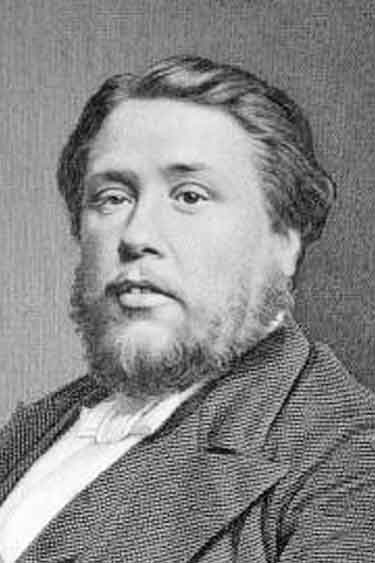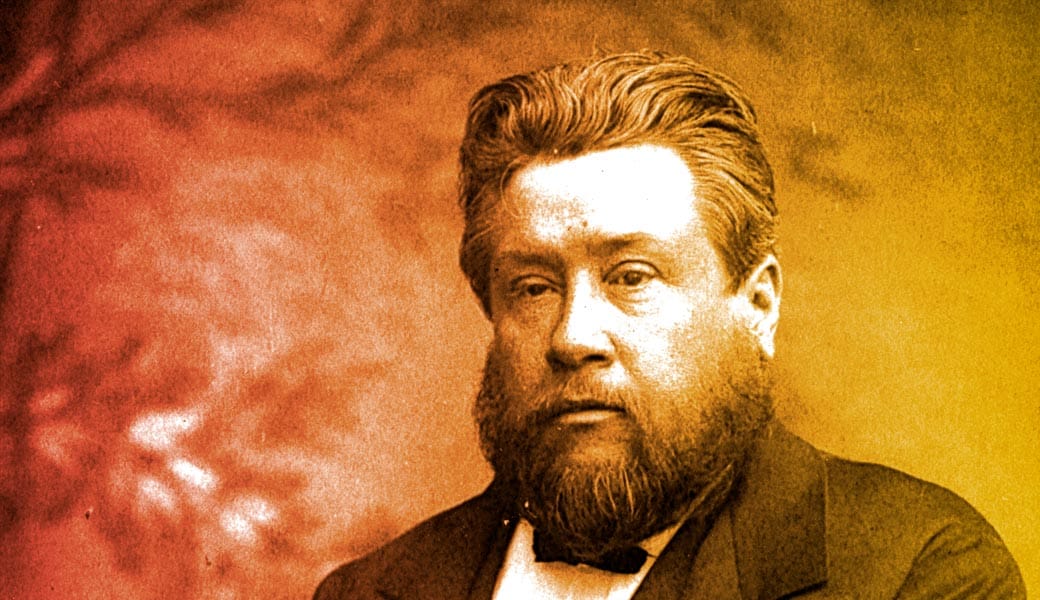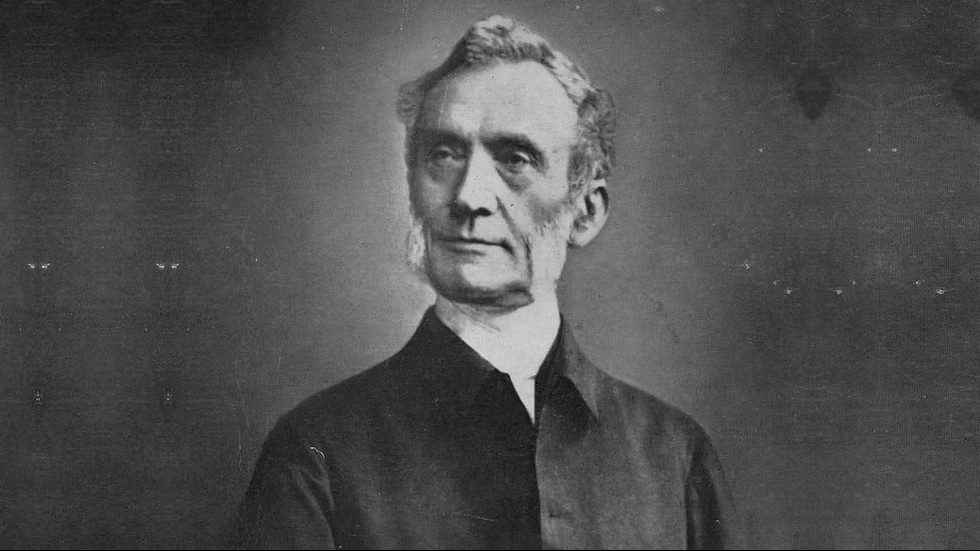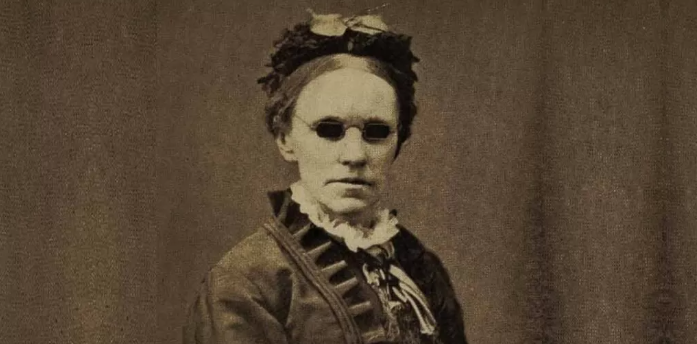The Biography of Charles Spurgeon
 Early Life and Conversion
Early Life and Conversion
Charles Haddon Spurgeon was born on June 19, 1834, in Kelvedon, Essex, England. He grew up in a Christian home, the eldest of seventeen children, though many of his siblings did not survive infancy. His father, John Spurgeon, and his grandfather, James Spurgeon, were both ministers, which meant that the young Charles was surrounded by the influence of Scripture and preaching from an early age. Yet, despite this religious environment, Spurgeon did not immediately come to saving faith.
At the age of fifteen, while walking to church on a snowy January morning in 1850, Spurgeon was unexpectedly drawn into a small Primitive Methodist chapel in Colchester. The preacher that day was not eloquent, but he faithfully declared Isaiah 45:22: “Look unto me, and be ye saved, all the ends of the earth: for I am God, and there is none else.” Spurgeon later described how, in that moment, the Holy Spirit opened his eyes. He felt the weight of sin lift as he looked to Christ alone for salvation. That decisive conversion set the course of his life.
Early Ministry
Within two years of his conversion, Spurgeon began preaching. His natural gift for communication, combined with his deep knowledge of Scripture, quickly drew attention. In 1851, at just seventeen years old, he became the pastor of a small Baptist church in Waterbeach. Under his leadership, the congregation grew rapidly, and Spurgeon became known for his powerful gospel-centered sermons.
In 1854, at the age of nineteen, he was called to the New Park Street Chapel in London. The congregation, once declining, was soon overflowing with hearers eager to listen to the “boy preacher.” Spurgeon’s messages emphasized Christ crucified, the need for repentance, and the assurance of salvation through faith alone.
The Metropolitan Tabernacle and a Growing Ministry
The rapid growth of his ministry made it necessary to build a larger facility. In 1861, the Metropolitan Tabernacle was opened in London, seating more than 5,000 people. It became one of the most famous centers of evangelical preaching in the world. Each week, thousands flocked to hear Spurgeon, and his sermons were transcribed and published, reaching readers worldwide.
Spurgeon was more than a preacher. He founded a pastors’ college in 1856, training men for ministry with a focus on sound doctrine and practical holiness. He also established orphanages, showing his deep compassion for the poor and vulnerable. His ministry combined strong theology with active charity, embodying the call to both preach the gospel and demonstrate it in action.
Writings and Influence
Charles Spurgeon became one of the most published preachers in history. His collected sermons number over 3,500, and they fill more than sixty-three volumes, making it the largest set of books by a single author in the English language. His devotional writings, such as Morning and Evening and Faith’s Checkbook, continue to inspire believers around the world.
Known as the “Prince of Preachers,” Spurgeon’s style combined biblical depth, vivid illustration, and heartfelt application. He never shied away from calling sinners to repentance, nor did he fail to comfort believers with the promises of God. His words were simple enough for common people yet profound enough to challenge scholars.
Trials and Controversies
Despite his success, Spurgeon faced many trials. He battled periods of deep depression, partly due to personal health struggles and partly from the burdens of ministry. In 1856, a tragedy struck during one of his services at Surrey Gardens Music Hall, where a false cry of “fire” caused a stampede, resulting in several deaths. Spurgeon was devastated but continued preaching, finding his strength in God’s sustaining grace.
Later in his life, he became embroiled in the “Downgrade Controversy,” opposing theological liberalism that was creeping into Baptist churches. Spurgeon stood firmly for the authority of Scripture, even when it cost him friendships and denominational support. His unwavering stand shew his conviction that truth must never be compromised.
Final Years and Legacy
Spurgeon’s health declined in his later years, but he continued preaching and writing until near the end of his life. He died on January 31, 1892, in Menton, France, at the age of 57. His funeral in London drew tens of thousands of mourners, a testimony to the vast impact of his ministry.
Today, Charles Spurgeon remains one of the most beloved figures in church history. His sermons and writings continue to be read across denominations. His life demonstrates the power of God working through a man wholly devoted to Christ, even amid weakness and suffering.
Charles Spurgeon was a servant of God whose voice still echoes today. He preached Christ crucified with clarity, conviction, and compassion, and his legacy lives on in the countless lives changed through his ministry. His life reminds believers that God uses faithful men and women to shine His truth in dark times.





No comments yet. Be the first to share your thoughts!